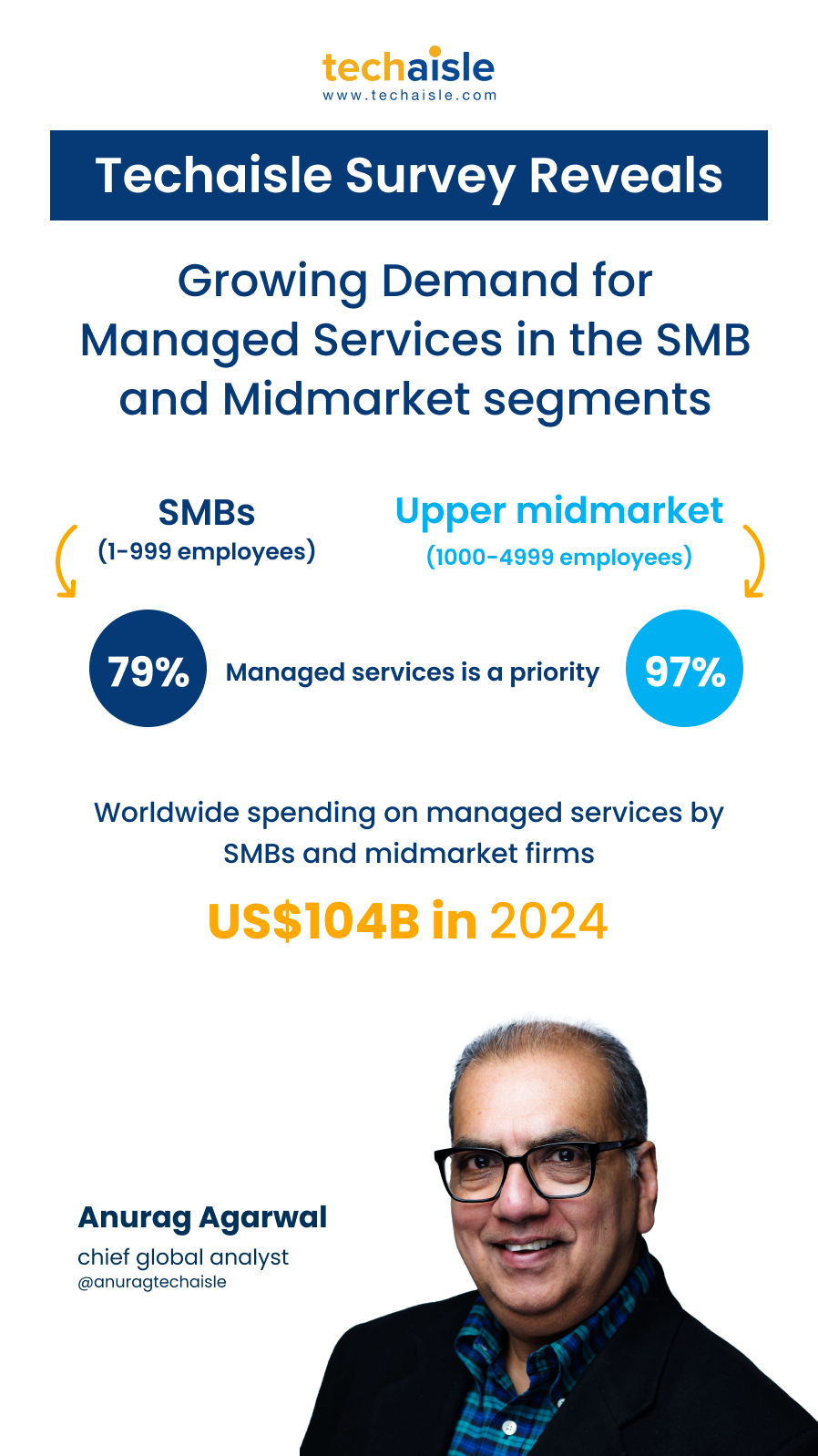I have been a regular attendee of IBM Think for many years. The recently held IBM Think 2023 was a defining moment in more ways than one. First, IBM presented a cohesive narrative around Open Hybrid Cloud, Security, AI, and Ecosystem that resonated with customers and partners. Second, IBM demonstrated its commitment to helping companies leverage AI by introducing watsonx. This platform includes foundation models, generative AI, and a governance toolkit. Finally, at its recent Think event, IBM emphasized the impact of ChatGPT and AI on businesses and demonstrated the capabilities of watsonx. The company also highlighted the importance of its partner ecosystem and announced plans to invest in and expand its network to double its revenues. In this article, I will discuss several strategic initiatives that are likely to make a significant impact. In particular, I will delve into the details of the new QRadar suite, the generative AI capabilities of watsonx, and IBM’s efforts to empower partner success.
The rise in remote work and global interconnectivity of devices has brought significant changes and challenges to cybersecurity. Organizations are dealing with complex IT systems that require better visibility, threat detection, and incident response capabilities. Adopting cloud technology, especially hybrid cloud environments, has further complicated the situation. Security teams need help to secure public-facing applications running in the cloud and ensure all applications are up to date.
There is a growing demand for gathering more security data to enhance visibility. However, data collection can be costly and complicated, particularly when transferring it between different cloud platforms. In addition, organizations deploy multiple security tools to protect their new cloud infrastructure, adding to the challenges faced by security professionals.
Organizations are setting up enhanced Security Operations Centers (SOCs) to address these challenges. However, SOC professionals often face overwhelming workloads and require user-friendly tools that can be integrated with different security products. In addition, manual investigation of threats slows down their response time. To address these challenges, IBM has introduced a range of security solutions, including the IBM QRadar Suite.
QRadar Suite: Overview
The QRadar Suite is a subscription-based (SaaS) offering that combines AI-enhanced versions of IBM's existing threat detection and response solutions into a comprehensive global product. It represents a significant advancement and expansion of the QRadar brand, encompassing all critical technologies related to threat detection, investigation, and response. The original QRadar technology was integrated into IBM's portfolio after the acquisition of Q1 Labs in 2011. The new QRadar Suite goes beyond traditional security information and event management (SIEM) capabilities, aiming to provide a unified experience for security management. Its goal is to assist organizations in managing extended detection and response (EDR/XDR) capabilities, SIEM functionalities, and Security Orchestration Automation and Response (SOAR) in cybersecurity.
In addition, IBM has enhanced the suite's capabilities via strategic acquisitions. For example, the inclusion of SOAR capabilities results from the purchase of Resilient in 2016, while the EDR capabilities are attributed to the addition of ReaQta in 2021. Additionally, the QRadar Suite includes a new product, QRadar Log Insights, a cloud-based tool for security log management and federated search and investigation.
Standout Elements: Unified Interface, Automated Investigation, and Flexible Purchase
The QRadar Suite stands out due to three key features: a unified interface, automated investigation capabilities, and flexible purchase options.
Firstly, the suite has been developed in collaboration with security analysts, resulting in a unified and modernized interface that centralizes capabilities and workflows across IBM QRadar and 3rd party solutions. The Unified Analyst Experience (UAX) centralizes insights across both IBM and 3rd Party security tools, not just IBM products. It does this through its “Federated Search” capability. This consistent interface assists analysts throughout their investigation, response, and threat-hunting workflows across EDR/XDR, SIEM, SOAR, and Security Log Management (SLM). In addition, it empowers them to navigate the attack chain swiftly and efficiently, enhancing their response effectiveness.
Secondly, the suite includes Threat Investigator, an AI-powered automated investigation feature that helps manage and prioritize threat alerts by providing comprehensive details about threats and recommending automated response actions for quick mitigation. By automating the data mining processes across various security systems, Threat Investigator reduces the manual effort required for alert investigation, enabling faster response times. The suite also combines essential threat detection, research, and response technologies. Built on an open hybrid cloud platform (OpenShift), it enables extensive interoperability with over 900 pre-built integrations and has a comprehensive partner ecosystem. Leveraging MITRE and SIGMA natively, the suite allows security teams to adapt and keep pace with attackers seamlessly.
Thirdly, it offers flexible purchase options. Customers can obtain individual components separately or as a comprehensive suite. While most components are delivered as a service through AWS, the SIEM component is initially present on the IBM Cloud. It becomes available on AWS at the end of June, allowing for streamlined deployment, enhanced visibility, and seamless integration across cloud environments and data sources. In addition, the modular design of the suite enables customers to start using it with their desired products and easily add additional components as needed.
















